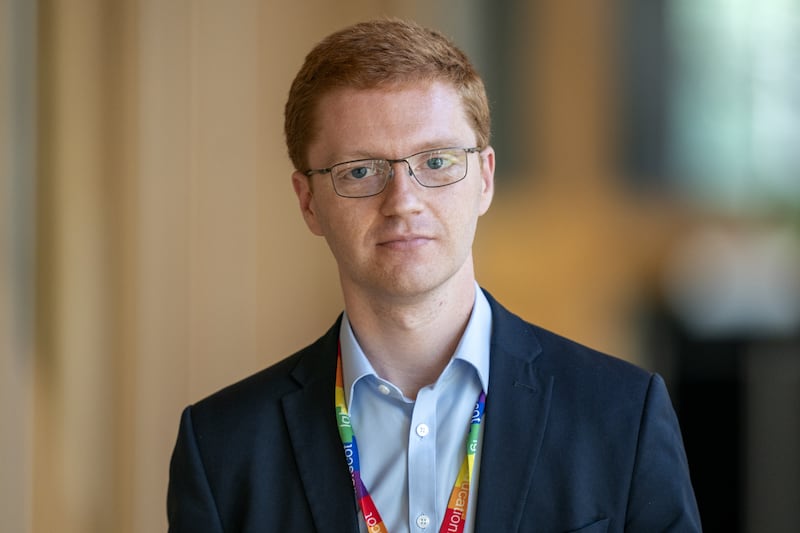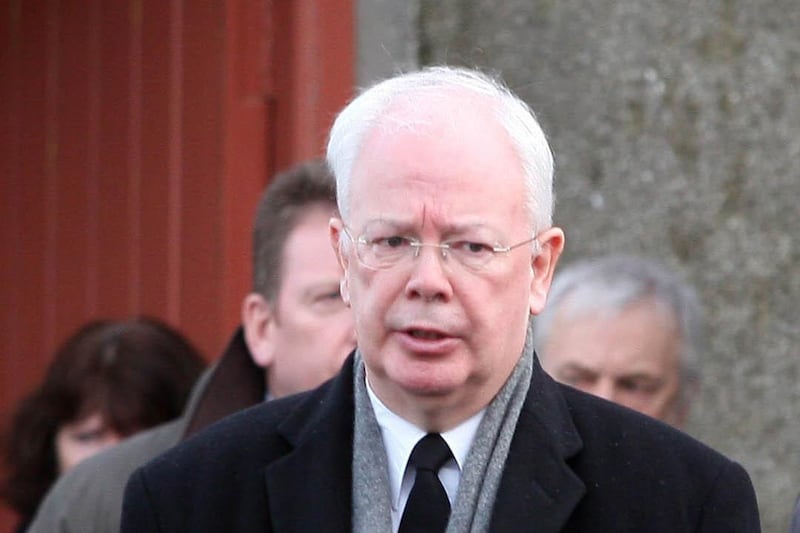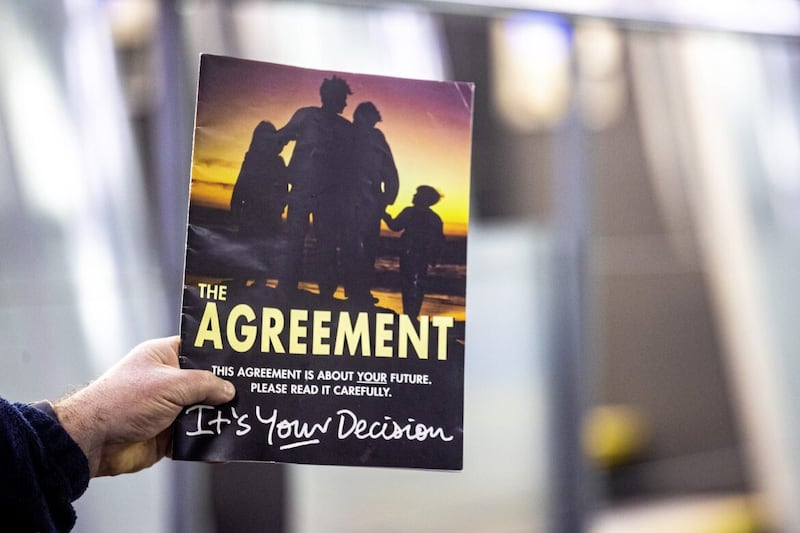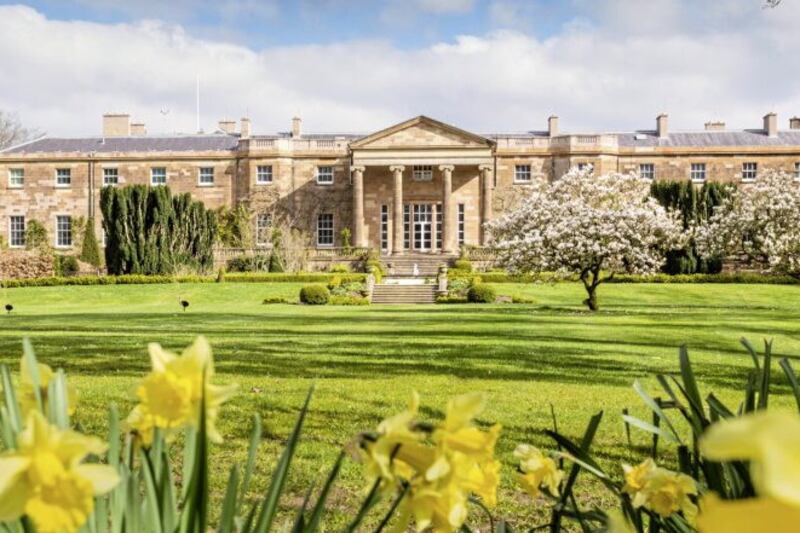Former Scottish deputy first minister Jim Wallace has said the number of MSPs at Holyrood “needs to be looked at again”.
The former Scottish Liberal Democrat leader played a key role in determining the number of MSPs who would sit in the Scottish Parliament when it was established back in 1999, being involved in negotiations with Labour’s George Robertson on the matter.
But with Holyrood now having increased responsibilities – including powers over income tax in Scotland and social security – Lord Wallace, who was Scotland’s first deputy first minister, now believes “significantly more” MSPs are needed.
The Liberal Democrat, who served as an MP before joining the Scottish Parliament when it was established, told how during his time at Westminster he had been involved in discussions about how the new parliament would operate.
It had already been agreed proportional representation would be used, with Lord Wallace recalling discussions from the time about how many MSPs there should be.
Speaking to the PA news agency, the Liberal Democrat said: “George Robertson and I had a haggle about what the numbers would be.
He wanted 113, I wanted 145, and we got 129. It was meeting in the middle.
“He got hell from the Labour Party for it. I got hell from the Liberal Democrats for it. So we both agreed we probably got it right.”

But he added: “I think now the Parliament requires significantly more, it has more responsibilities, not least for tax and social security.
“I think 129 needs to be looked at again.”
He said Labour had acted “unilaterally” to hold a referendum on whether the devolved parliament should be established – with Liberal Democrats at the time opposed to such a ballot.
However Lord Wallace said: “In retrospect it was probably the right thing to do. Because I think it gave the Parliament a political grounding which once done you can never roll back.”
In the wake of the first Holyrood elections, held on May 6 1999, Lord Wallace became Scotland’s first deputy first minister, after the Scottish Liberal Democrats went into coalition with Labour – who were the largest party in the Scottish Parliament but lacked an overall majority.
He said his party had “wargamed” for such an outcome during the first ever Holyrood election campaign, and entered talks with then Scottish Labour leader Donald Dewar – who would become Scotland’s first first minister – with a costed programme based on key manifesto commitments.

However he recalled the talks hitting a “stumbling block” over issues such as tuition fees, after his party made a pledge to scrap these during the 1999 elections.
The Labour-Liberal Democrat Scottish Executive went on to fulfil that pledge, introducing instead the Scottish graduate endowment scheme, which saw students charged a fee initially set at £2,000 only after completing their degree.
Lord Wallace recalled: “Tuition fees was always the big stumbling block. I think on more than one occasion we thought that was it, we couldn’t take it any further.”
While he said the Liberal Democrats would have been a “responsible opposition” the parties managed to resolve their differences and established a coalition which would govern in Scotland until 2007.
Lord Wallace added he would have been “disappointed” had he been unable to strike a deal with Labour, but added: “We got the breakthrough, and that allowed us to support Donald to become first minister.”
However he contrasted the treatment he got then with that handed out to the Scottish Greens when Humza Yousaf ended the powersharing deal between their party and the SNP.
Saying Mr Dewar had called “to say could we have a chat”, he said he told to come in via the back door at Bute House in Edinburgh – the official residence of the Scottish first minister – to avoid being seen.
Lord Wallace said: “While Humza sent the Greens out the front door, I remember Donald’s private secretary said to me ‘you can come in the back door at Bute House, no-one will see you arrive’. Which is exactly what I did.”









